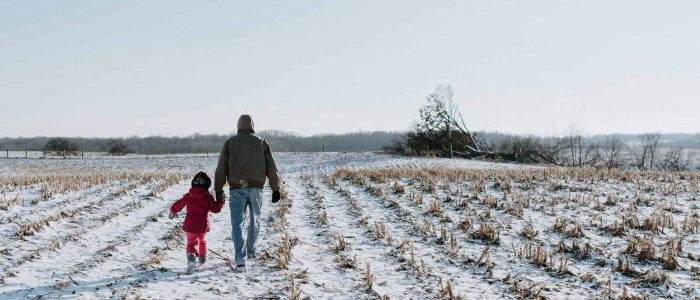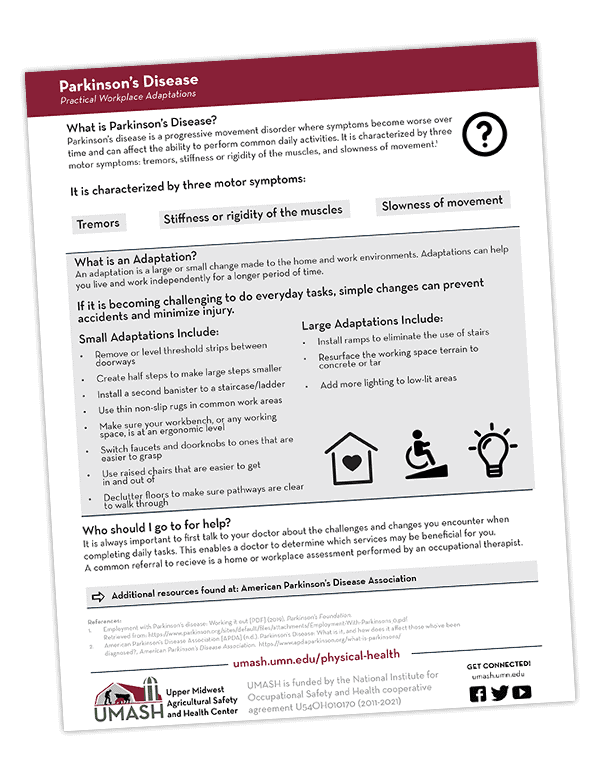NOVEMBER 2022
Slips, trips, and falls can increase as we age, and unfortunately, injuries can be severe. The 2017 Census of Agriculture reported that the average age of farmers is nearly 58. Combined with the risks associated with this work, injuries can occur more frequently. Slips, trips, and falls can happen year-round for various reasons, including ice and snow, dust, uneven or cluttered walkways, ladders, and more. Falls threaten older adults’ safety and independence and generate enormous economic and personal costs.
With winter snow and ice on the horizon, it is an excellent time to review why falls happen in older adults and what prevention methods to consider.
 SIX EASY STEPS
SIX EASY STEPS
Jane Strommen, North Dakota State University (NDSU) Extension Gerontology Specialist, offers six easy steps to help you reduce your risk:
- Find a good balance and exercise program that builds balance, strength, and flexibility.
- Talk to your healthcare provider and ask for an assessment of your risk of falling.
- Review your medications with your pharmacist or doctor. Make sure side effects aren’t increasing your risk of falling.
- Get your vision checked annually and update your eyeglasses as needed.
- Keep your home safe. Increase lighting, remove tripping hazards, install grab bars, and make stairs safe.
- Assess your footwear for safety. Look for supportive shoes, a good fit, a sole that grips, and a heel that is stable and grips.
UMASH RESOURCES
Looking for more information to stay safe and healthy as you age? Check out UMASH’s response to aging on the farm and occupational health resources:




